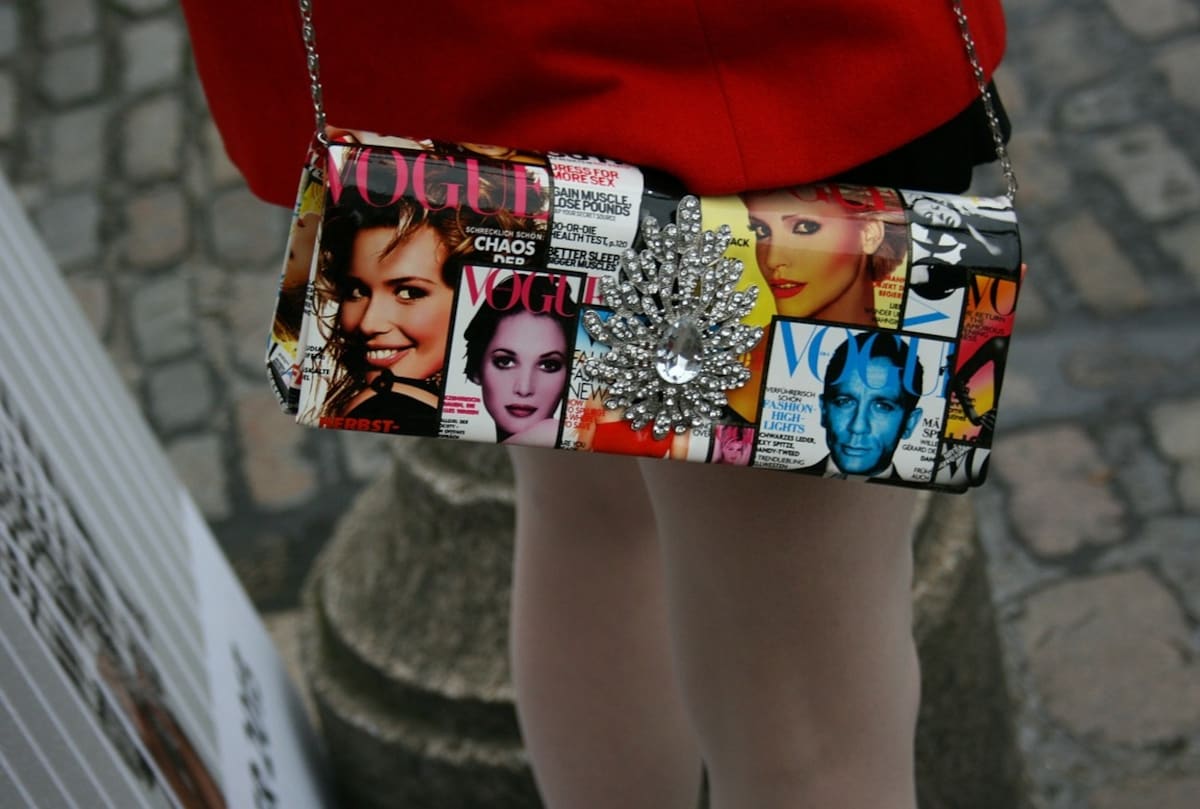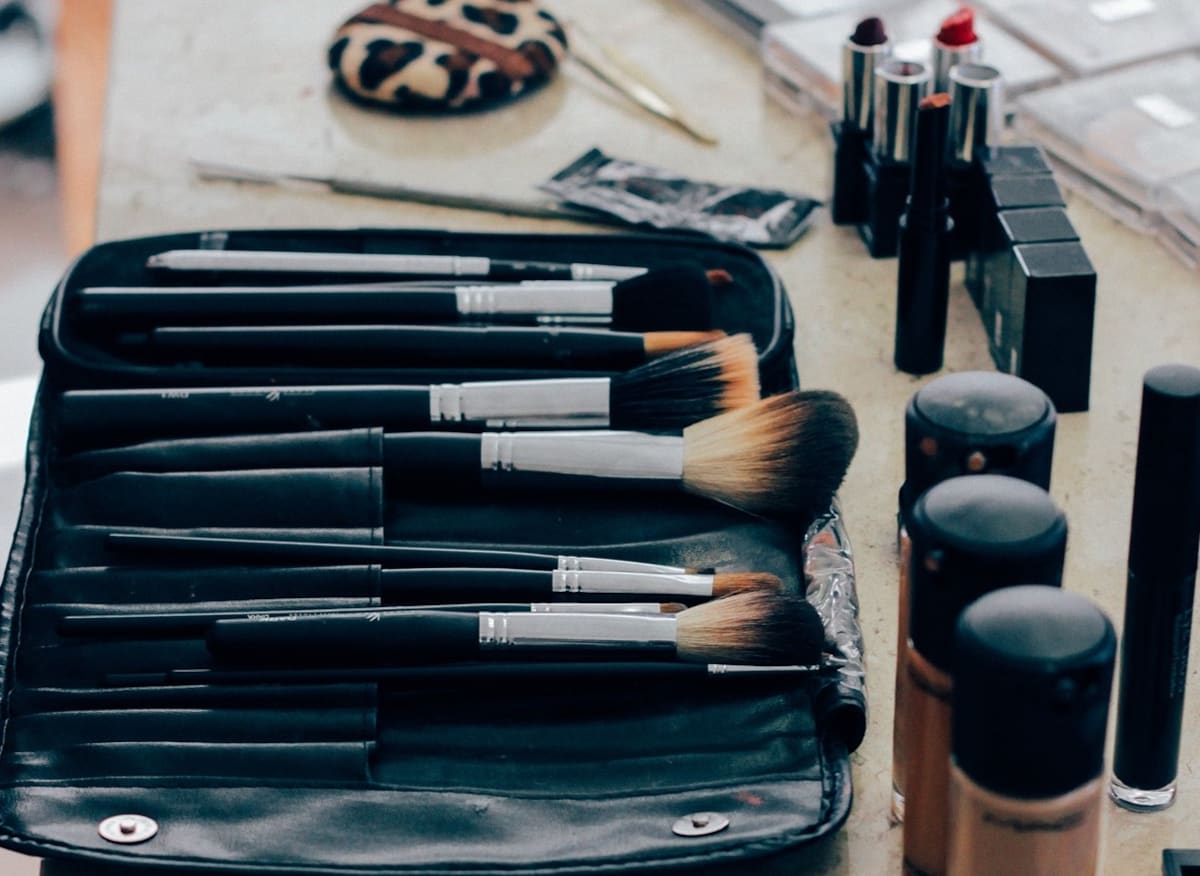What To Wear: Women Working in Japan

For men, proper business attire in Japan is simple: as long as you wear a suit, you will usually fit in. Selecting a work-appropriate outfit can be a bit more challenging for women, particularly if you aren't a suit person. But fear not! These tips will make sure you look great, feel comfortable and are ready to take on the world!
By Chiara TerzuoloClothing Tips

Most Japanese offices tend to be rather conservative regarding work attire. You will usually be expected to keep your shoulders covered, so tank tops, camis and dresses with thin straps are best left for the weekend. Obviously, it is best to avoid flaunting cleavage, but also keep in mind how much of your collarbone shows, since they are considered sexy in Japan (for some reason). When buying a shirt or dress, double-check to make sure it doesn't reveal too much when bowing. You're likely to be doing that a lot, and you want everyone to be wowed by your professionalism, not your... other assets.
An extra tip is to keep a blazer or light cardigan in your office, as during the summer air conditioning is set on high, making it rather chilly indoors!
Dresses and skirts should hit around knee-length, and form-fitting clothing may be a bit '"too much," even if it's a piece that is usually considered alright in other countries. Unless you work in a very informal office, ripped jeans, shorts and yoga pants are also a big no-no.
If you work in an office that requires suits, getting dressed in the morning will be extra easy for you. Just be careful about combining a black suit with a string of pearls, as the effect may end up making you look like you are going to a funeral.
Shoe Tips

https://pixabay.com/photo-2538424/
Sandals, open-toed shoes and flip flops are usually not considered appropriate office wear. This includes more elegant sandals and even summery heels, which are comparitevely common outside of Japan. Geta and zori are also frowned upon, in case you are a fan of traditional Japanese foot gear. You may see women wearing sandals with decorative socks underneath... but this is just a general fashion faux pas, rather than a Japan-specific issue.
Keep in mind that there may be times when you will need to enter tatami rooms. On those occasions be sure to wear socks or tights, as walking barefoot on tatami (outside of your own home) is considered rude.
Colors, Patterns and Accessory Tips

Even if you are a big fan of bright patterns, most office wear in Japan tends to revolve around neutral colors. You can probably get away with a solid color or small prints, but flashy prints and neons may get you a bit too much negative attention in a work environment.
Following the same trend, statement jewelry or showy accessories are best avoided. Small necklaces, earrings and rings are fine, but over-the-top pieces, chunky necklaces or pricy high-end jewelry will make you stand out in a bad way. One other unusual thing to avoid is sunglasses. In the best-case scenario, wearing them will make you look overly casual. In the worst-case scenario, they will make you look vaguely like a member of the yakuza!
Makeup Tips

https://pixabay.com/photo-1209798/
Japan is truly a land of makeup fans, and so it is pretty common to see women (and even some men) sporting full faces of intricately applied products on their way to the office.
One of the interesting things about working in a Japanese company is that it may sometimes be considered rude to not apply at least a bit of makeup, as "not making an effort" can be read as laziness or lack of respect. If you are not a fan of makeup and just want to do the bare minimum, a layer of tinted moisturizer, a quick swish of mascara and some tinted chapstick will be plenty.
If you do enjoy playing with makeup, as long as the colors are neutral you can do pretty much what you want. As in many other countries, very bright or dark lipsticks and smoky, intense eye palettes are best left for after you clock out.
If you need to freshen up your look, avoid doing it at your desk, as it will look unprofessional and like you have nothing better to do with your time.
Hair Tips

https://pixabay.com/photo-1450045/
The rules for haircuts and hair colors usually depend on how much you will be seen by clients and customers. Those who are in the public eye will usually be expected to maintain relatively natural colors and unadventurous haircuts, as anything too crazy might put off conservative clients. If you are not from an Asian background, the range of acceptable colors will be a bit broader, but fantasy shades will still be considered inappropriate. For those who usually don't leave the office, like system engineers or in-house designers, the rules seem to be a little more relaxed.
If you have long hair, keep it neat. Pulling it back may be helpful to avoid looking messy or wild.
Dress for Success
While this article is a general overview and focuses on tips that will help you navigate a conservative work environment, many Japanese companies are becoming increasingly relaxed about clothing and style rules. The best thing to do is carefully check out what your colleagues are wearing, and figure out the acceptable range from them.



